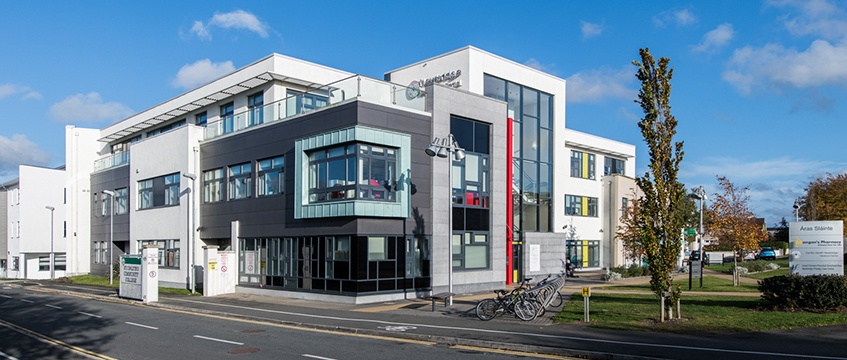Primary Health Properties’ rents surge
Primary Health Properties has posted a 51% uplift in rental income, on the back of its merger with MedicX in March last year.
Net rental income surged to £115.7m for the year ending 31 December, resulting in profit on sales of £49.8m.
The value of its investment portfolio after allowing for exceptional costs rose by 2.1% year-on-year to £2.4bn.
Primary Health Properties has posted a 51% uplift in rental income, on the back of its merger with MedicX in March last year.
Net rental income surged to £115.7m for the year ending 31 December, resulting in profit on sales of £49.8m.
The value of its investment portfolio after allowing for exceptional costs rose by 2.1% year-on-year to £2.4bn.
However, the company suffered a £138.4m exceptional revaluation loss following the merger.
PHP made a £71.3m loss before tax, compared with £74.3m profit in the previous year.
EPRA NNNAV per share dipped to 98.8p from 99.2p in the previous year.
Harry Hyman, managing director of PHP, said: “We have continued to selectively grow the enlarged portfolio, particularly in Ireland where we believe there is a significant opportunity, and further strengthened the balance sheet with a successful, over-subscribed £100m equity issue, £150m unsecured convertible bond issue and €70m euro-denominated private placement loan note.
“Continuing improvements to the rental growth outlook and further reductions in the cost of finance will help to maintain our strategy of paying a progressive dividend to shareholders which is fully covered by earnings, as we look forward to the future with confidence.”
Looking ahead, the company said: “The primary health centres we invest in perform a vital role in the provision of healthcare across the UK and Ireland, and are unlikely to be directly impacted by the final outcome and consequences of Brexit for the UK.
“Demand for our properties is driven by demographics and in particular populations in our markets that are growing, ageing and suffering from more instances of chronic illness.”
It added that yields in the market have continued to compress during 2019, although at a much slower rate than in 2018 and 2017.
To send feedback, e-mail pui-guan.man@egi.co.uk or tweet @PuiGuanM or @estatesgazette











